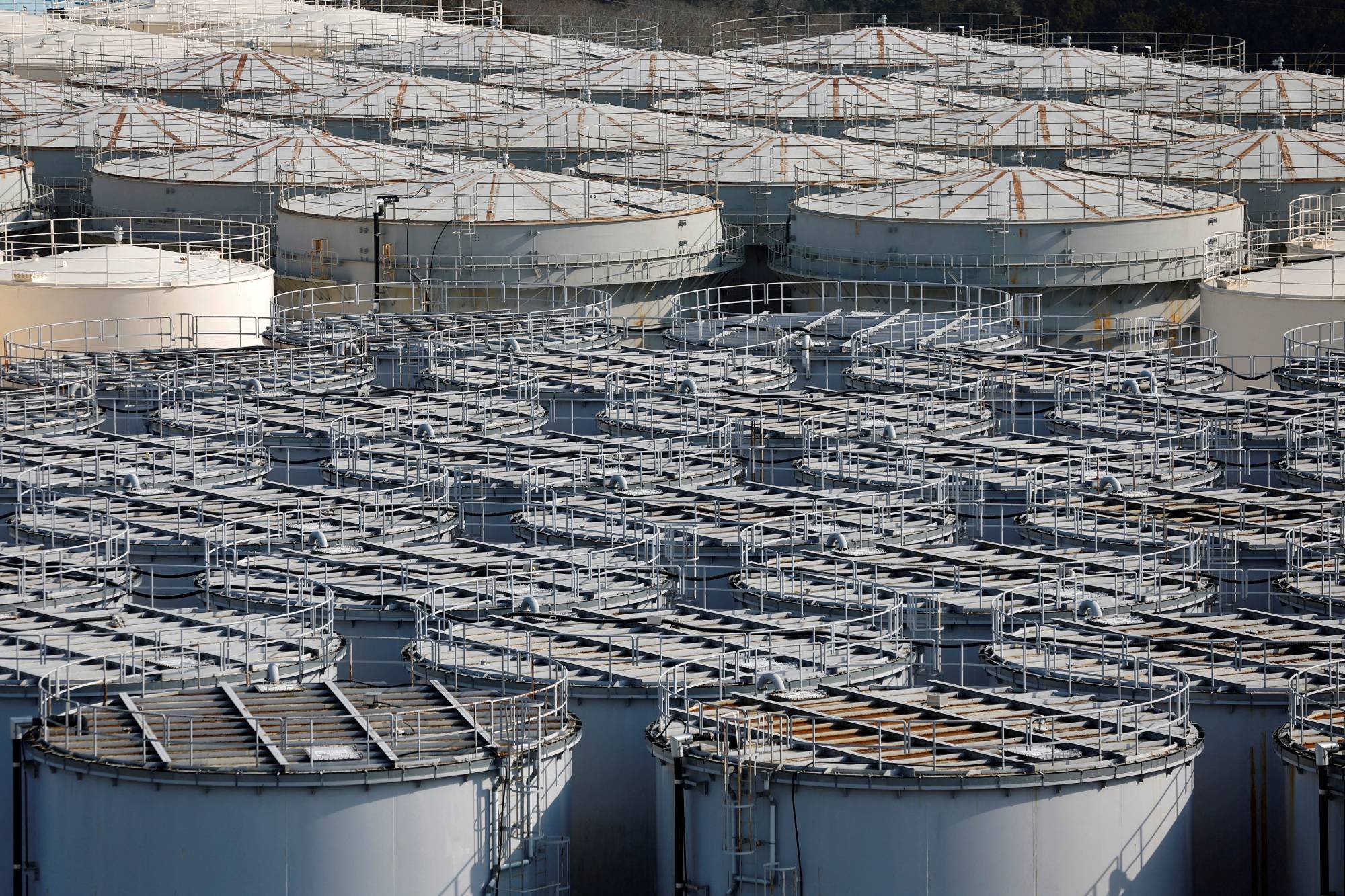Alright folks, let’s talk about Fukushima. The Chinese Foreign Ministry just dropped some news – and frankly, it’s not exactly comforting. They’ve announced the results of independent sampling and analysis of water from near the Fukushima Daiichi Nuclear Power Plant, conducted back in February. And guess what? The initial tests showed no abnormalities in levels of tritium, Cesium-134, Cesium-137, and Strontium-90.

But hold your horses, don’t start cheering for Team Japan just yet! This isn’t a green light, it’s a single checkup. As the spokesperson, Lin Jian, rightly pointed out, one clean bill of health doesn’t guarantee a lifetime of wellness.
Let’s break down why this is a big deal. Fukushima’s disaster released massive amounts of radioactive material. Radioactive isotopes like tritium and cesium pose risks to marine ecosystems and potentially human health.
Regular, independent monitoring is absolutely vital because radioactivity decays at different rates – some isotopes are short-lived, others stick around for decades. Sampling isn’t about proving something is safe, it’s about continuously verifying it remains safe.
The Chinese data will be shared with the IAEA (International Atomic Energy Agency) for comprehensive reporting. However, China’s stance remains firm: we vehemently oppose Japan’s discharge of the contaminated water. We’re going to keep piling on the pressure, along with other nations and the IAEA, to ensure Japan keeps its word and operates with full transparency under international supervision. Japan needs to understand, this isn’t just about their backyard; it’s about the health of our shared ocean and frankly, their credibility. It’s a mess, and frankly, I’m deeply concerned. We need constant vigilance, not empty assurances.


